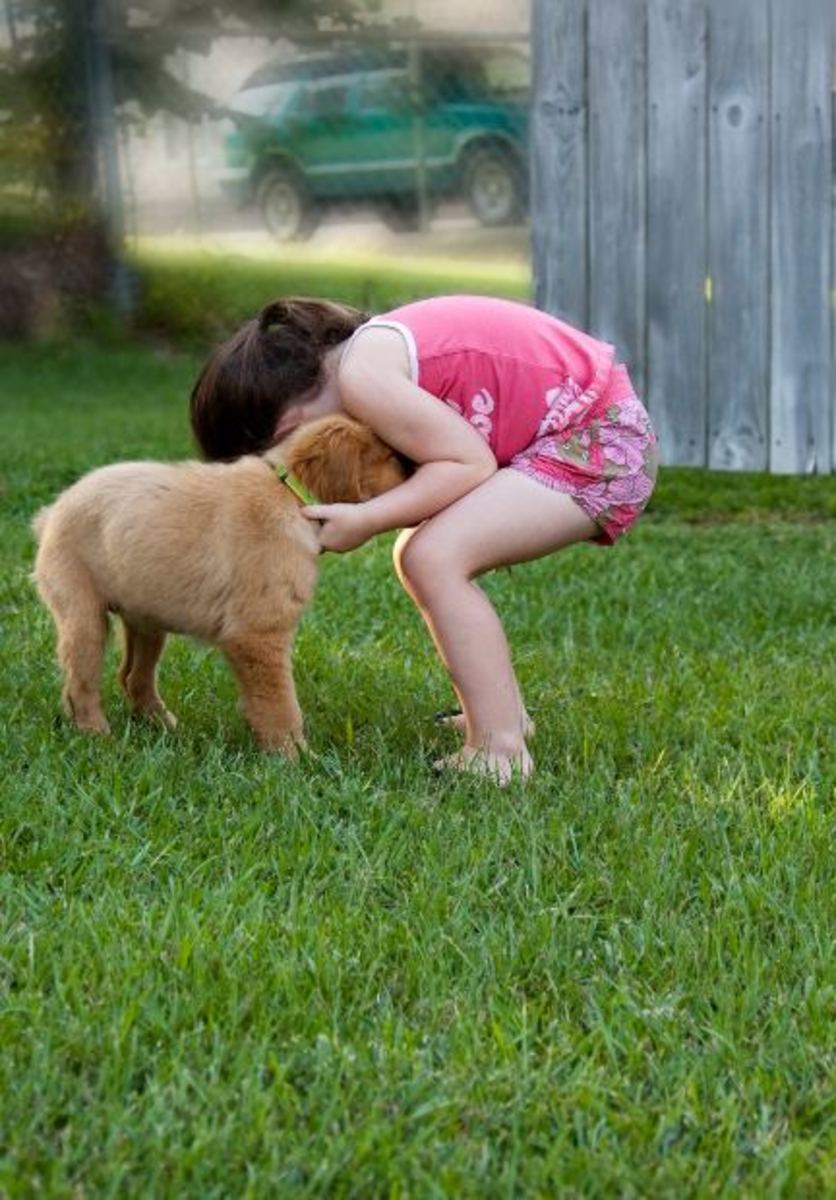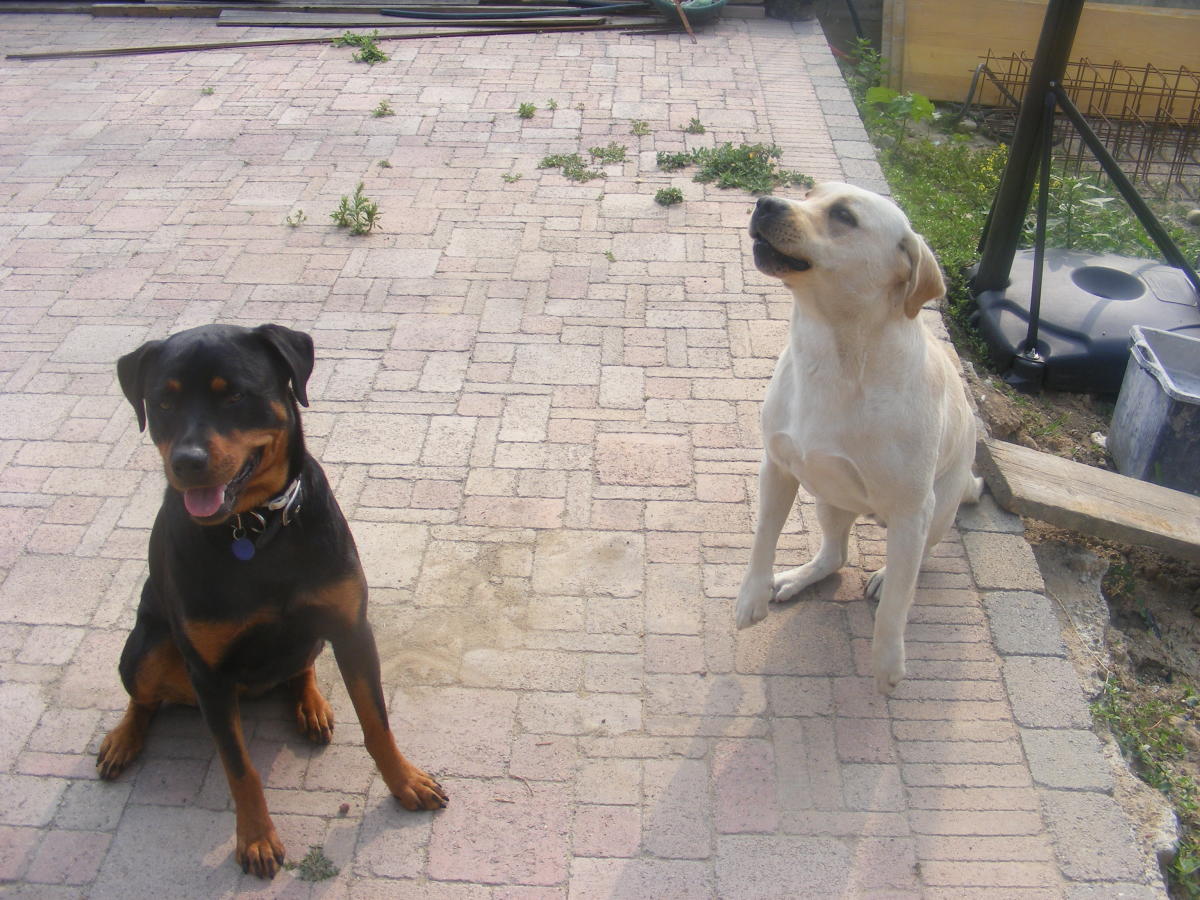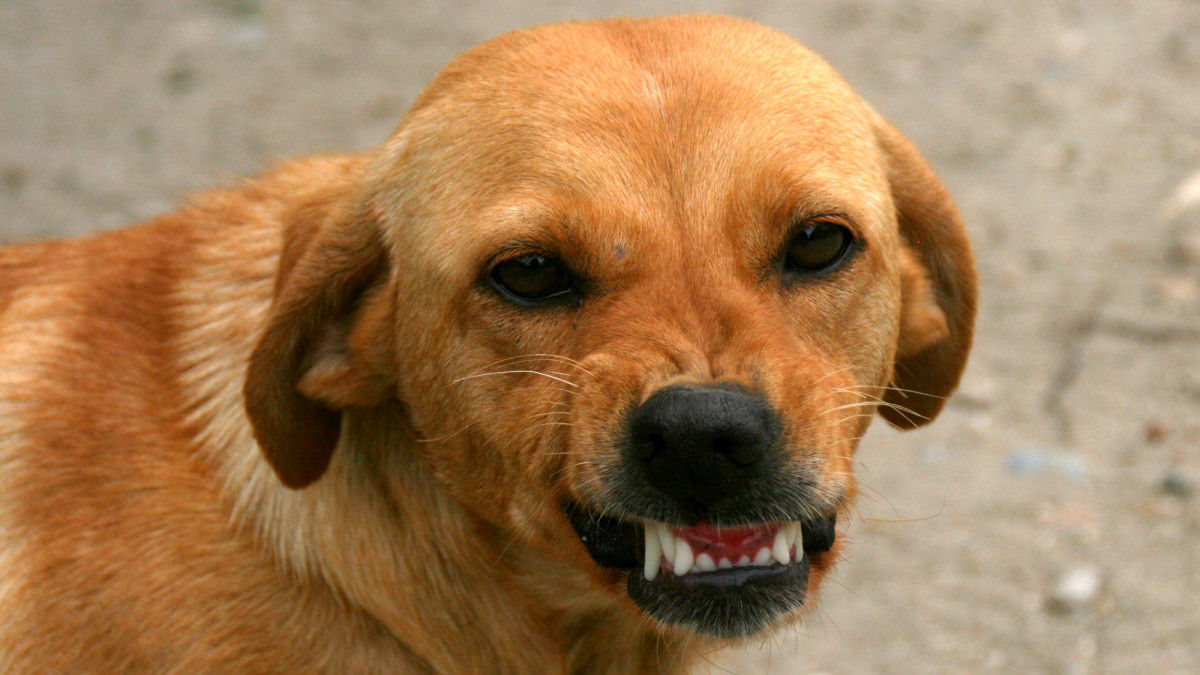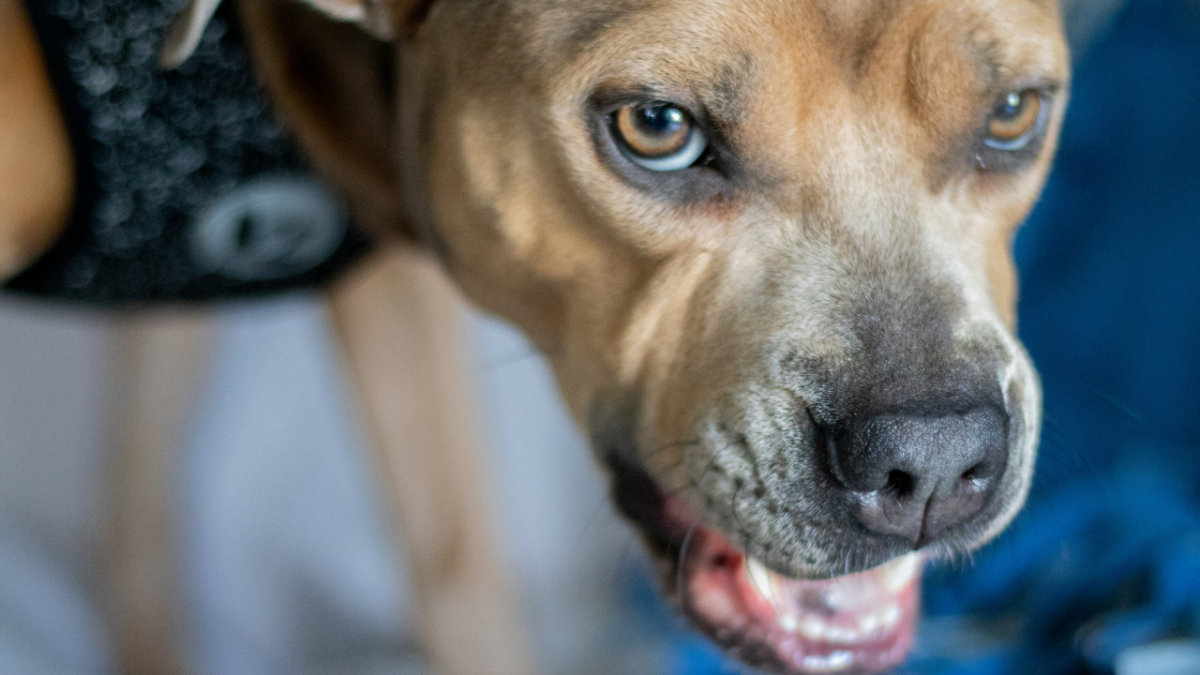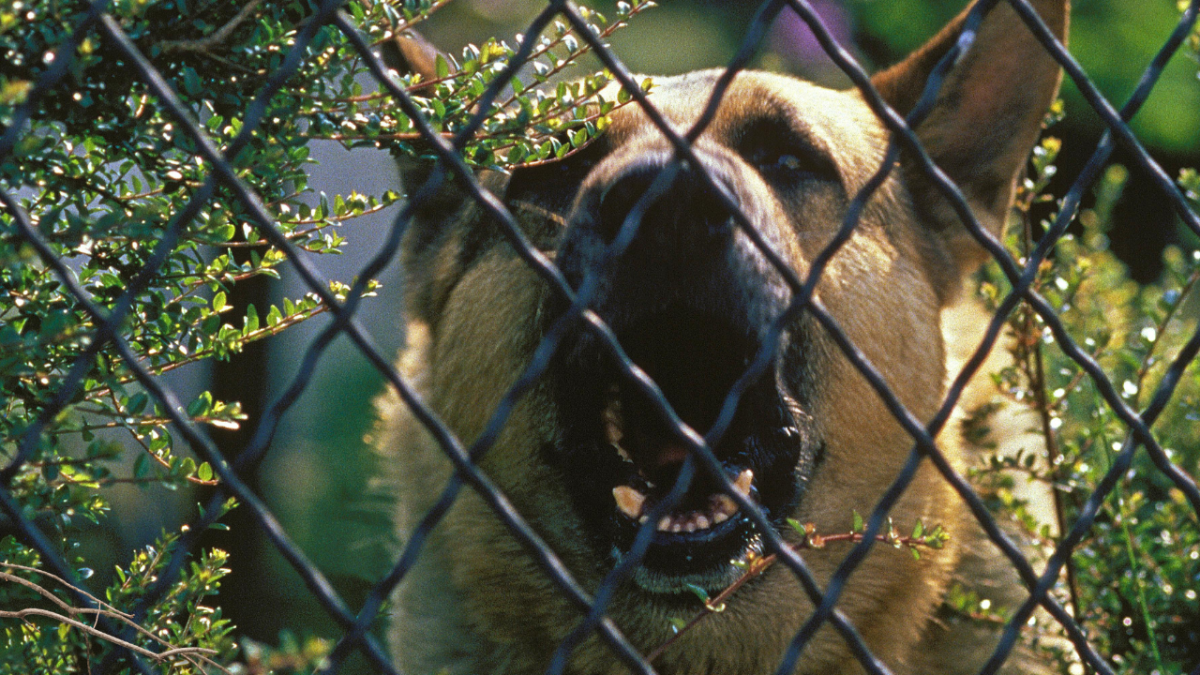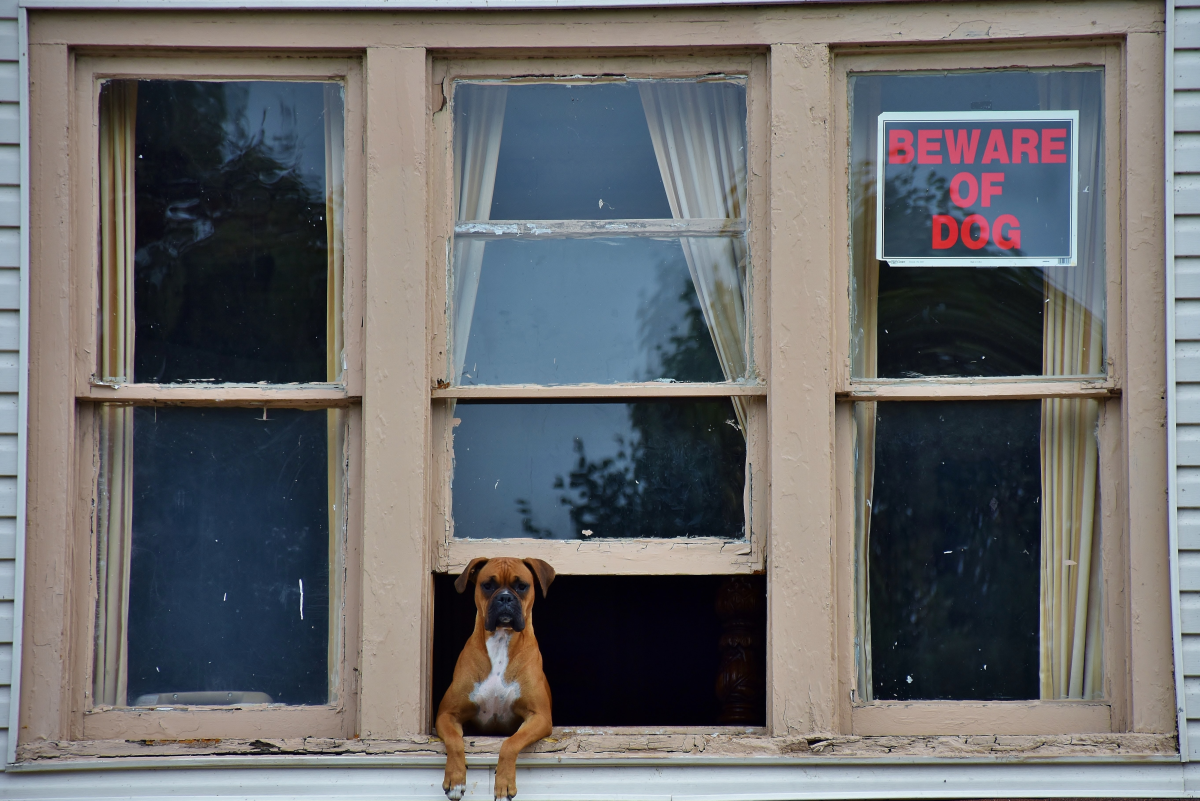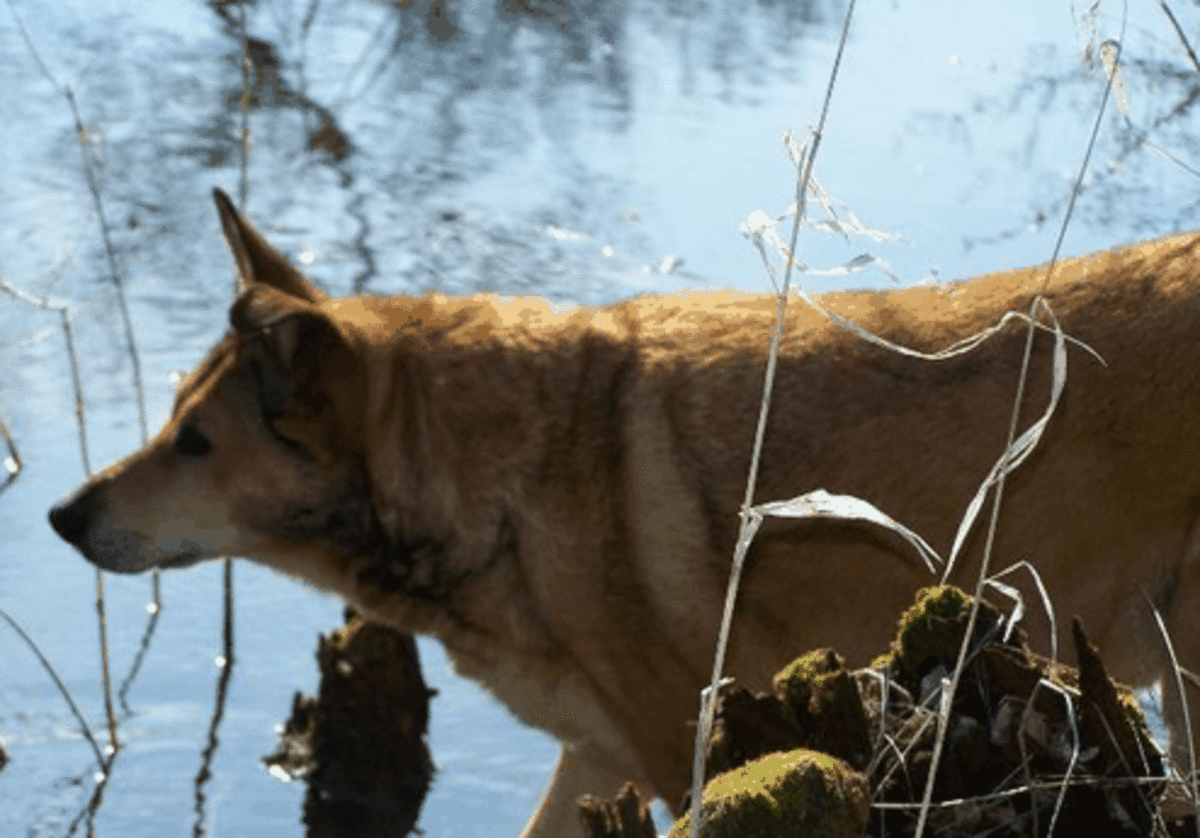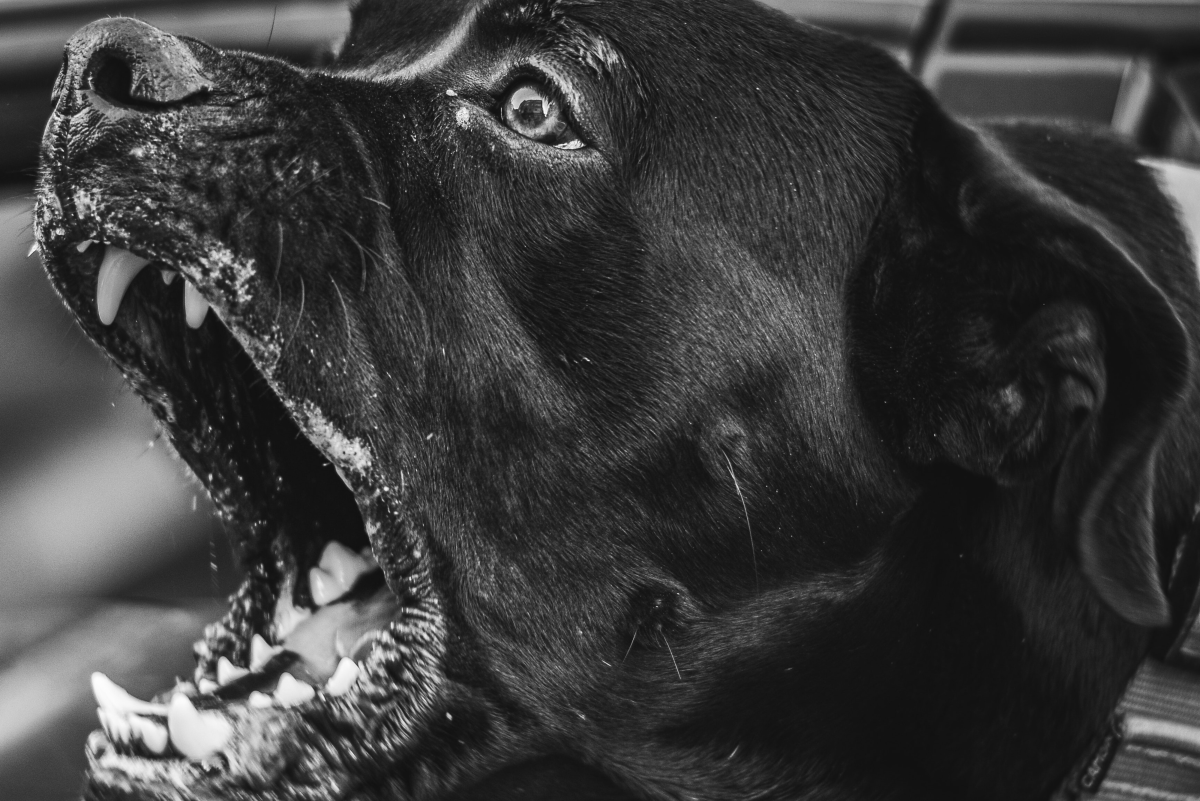- HubPages»
- Pets and Animals»
- Dogs & Dog Breeds»
- Dog Behavior
Stopping Aggressive Dog Behavior: Gnarls, Bites, And Lurking Danger
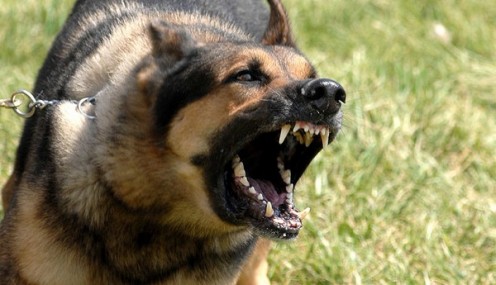
It all starts when your dog starts life as a puppy.
Name it canine dysfunctional aggression or aggressive dog behavior, when the teeth start showing more often than they should, you have problems to solve: the first one on the list of priorities is stopping or correcting this aggressive behavior pattern in your dog.
Puppies develop bonds pretty easily with you, as the owner.
When a puppy is unable to play, bond or interact with other puppies or humans, and doesn’t get the attention it craves, it’ll go the way of a rebellious little puppy – a characteristic trait that will stretch into your dog’s life, unless you do something about it.
Learning to deal with aggressive dog behavior isn’t easy, it must be admitted. It isn’t impossible either.
There are plenty of ways effective in stopping aggressive behavior in dogs. Before starting to deal with it, there’s some planning and some action steps you have to take.
Here’s how to stop aggressive dog behavior:
When handling aggression in dogs, deal with relativeness
Understand that dogs are primarily predators. A dog’s version of aggressiveness might be different what we perceive as aggressiveness.
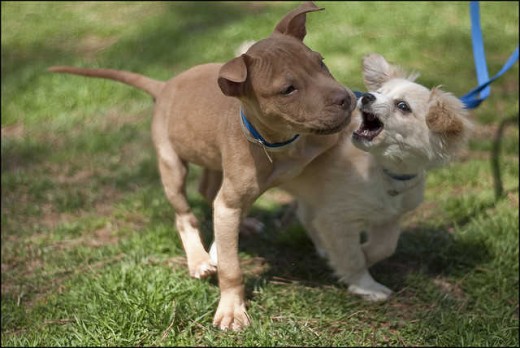
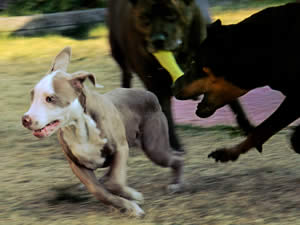
Chasing another dog, leaping and sizing the next of the other dog, and then rolling in frolic – all of these could be your dogs’ idea of fun.
Yet, you might perceive that as an inane act of aggressive dog behavior.
The key to determine if your dog is aggressive is to study your dog’s body language.
How does your dog’s face look like?
Is it playful or with an intent to maim?
Does it have a wide, toothy grin or a gnarl?
We could easily mistake a normal dog behavior and promptly classify it as aggressive dog behavior – something that we could avoid easily just by paying attention.
Stopping dog aggression starts from your puppy’s early years
Bad experiences while growing up, lack of socialization, and lost love – all of these could make puppies grow into nervous adult dogs.
Nervous dogs bite – more out of uncertainty and fear rather than any malicious intent.
That’s why it’s important to make sure that you give enough attention to your puppy when it’s growing – take it out to walks, allow it to socialize with strangers, and other puppies.
- Classification of Dog Behaviors | Dogbehaviorialtraining.com
Classification of dog behaviors includes different types of behavior. Dogs can behave differently according to the conditions in their surroundings. - Dog Behavior Modification DogBehaviorialTraining.com
Dog behavior modification pertains to the skill of finding out how to interpret and change canine behavior.
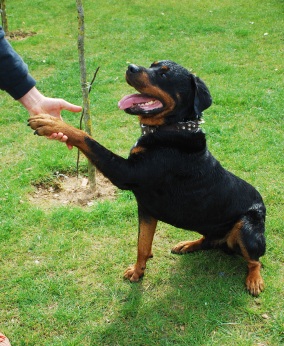
Training helps sober most aggressive dogs
A puppy that’s looked after well enough and then trained well is almost sure to grow into a lovely, endearing dog.
Proper training is a must to get your puppy to behave appropriately.
During these times, dogs are confused, getting to grips with the new learning, and are in a constant stress.
Don’t shout or punish your dog for aggressive behavior.
Instead, train your dog using positive methods.
Teach, praise, pat, reward, or play – do what works for you.
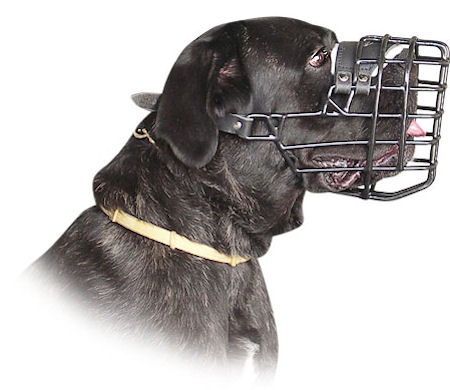
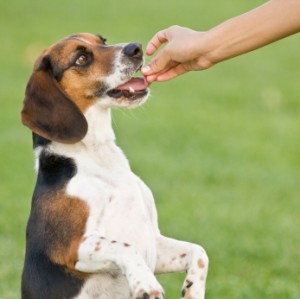
Learn how to handle aggressive dogs
First, make preparations to stay safe. According to the popular 20-20 TV show, as referenced by Leerburg.com [http://leerburg.com/aggresiv.htm] over 90% of all dog bites happen to people who “know” the dogs and 60% of the bite victims are children or the elderly.
Prepare to keep everyone – especially the kids and the elderly -- safe at home.
Use a cage-type mouth muzzle if you take your dog out for walks.
Keep some of those food items away from your dog if it displays possessiveness for those treats.
Use simple positive ways to deal with these occurrences such as bribing him with some thing.
If it gets out of hand, resort to spaying or neutering.
Call the vet – the last resort to handle most aggressive dogs
When you run out of options in your efforts from stopping aggressive dog behavior, take professional help.
You can’t ignore aggressive dog behavior for the simple reason that it could cause harm to you, your dog, other dogs, and children.
Be it a reproductive disorder stemming from natural instincts, agnostic behavior, territorial or defensive – aggression in dogs must be cured. Call in a veterinary doctor or a behavioral specialist and have him or her check your dog to determine the root cause for aggression.
Any behavior stems from specific reasons. In the case of your dog, it could be anything from troubled young days to basic animal instincts and hunger.
That’s why it’s important to first ascertain the origin of this aggression in dogs and then taking preventive actions to help your dog behave as a normal pet.
How are you going to handle aggressive dogs?
Here are some tips from other hubs
- Basic Things to Know About Dog Behavior Training
Behavior dog training is a method used by dog behavior trainers to make the animal behave well under any circumstance. It makes use of several dog whispering techniques and nonverbal approaches to get the dog to trust its handler and do as asked. - Dog to Dog Aggression - Stop Dog Aggression Toward Other Dogs
Is your dog aggressive towards other dogs? Does your dog tense up, lunge, or bark madly at another dog? Dog to dog aggression is a common problem. Here, we consider why dog to dog aggression occurs and how we can stop dog to dog aggression. - Dog Behavior: Considerations for Re-homing Aggressive Dogs
Learn why re-homing an aggressive dog can be downright wrong. So what to do with an aggressive dog? There are some options, but there is little left to do with dogs with a bite history.

